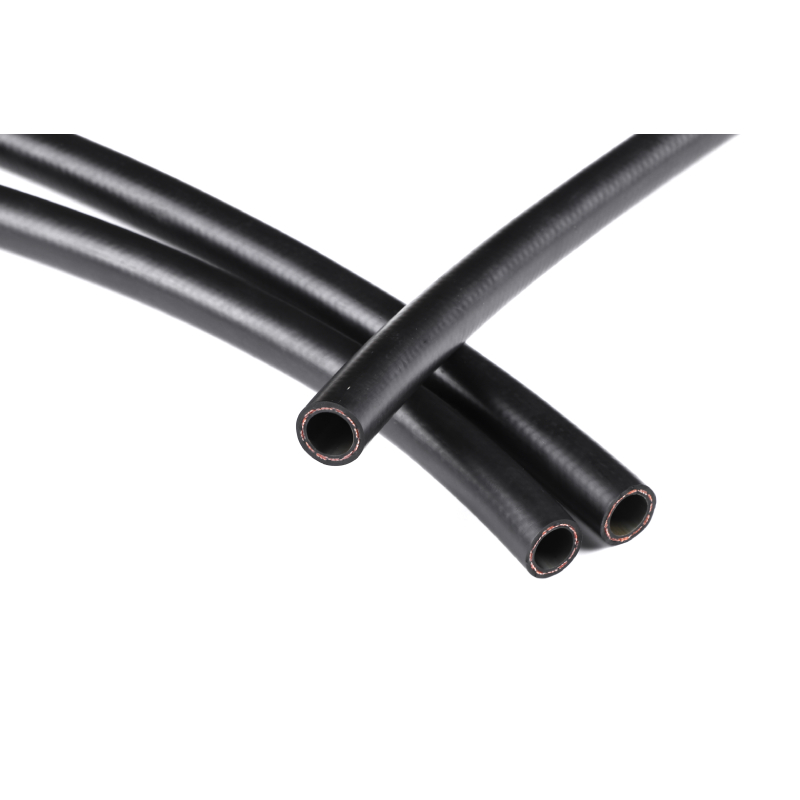fuel line tubing
Sep . 14, 2024 22:06 Back to list
fuel line tubing
Understanding Fuel Line Tubing Essential Components of Automotive Fuel Systems
Fuel line tubing is an essential component in automotive fuel systems, serving as the conduit for delivering fuel from the tank to the engine. Understanding the significance of this tubing, its types, materials, and maintenance is crucial for both automotive enthusiasts and everyday vehicle owners.
The primary function of fuel line tubing is to transport fuel under pressure, ensuring that the engine receives the required amount of fuel for optimal performance. Unlike ordinary tubing, fuel line tubing is designed to withstand high pressure, resist abrasion, and endure exposure to various environmental factors. This makes the choice of material particularly important in the design and construction of fuel lines.
Typically, fuel line tubing is made from materials such as rubber, nylon, or stainless steel
. Rubber tubing is commonly used due to its flexibility, which allows for easy installation around bends and corners in a vehicle's engine compartment. However, it’s essential to choose fuel-resistant rubber, which can withstand the corrosive nature of gasoline and diesel. On the other hand, nylon tubing has gained popularity for its lightweight characteristics and chemical resistance, making it a suitable option for modern vehicles. Stainless steel tubing, while more expensive, offers increased durability and is less likely to be affected by extreme temperatures and pressures.fuel line tubing

One of the critical aspects of fuel line tubing is maintenance. Over time, exposure to heat, fuel, and road debris can cause wear and tear on the tubing. Inspecting fuel lines regularly for signs of leaks, cracks, or swelling can prevent costly repairs and potential safety hazards. If any signs of degradation are found, timely replacement of the tubing is recommended to maintain the integrity of the fuel system.
In addition to regular inspections, it’s essential to ensure that connections and fittings associated with fuel line tubing are secure. Loose connections can lead to leaks, which not only jeopardize engine performance but also pose fire risks. Utilizing proper clamps and fittings, along with adhering to manufacturer specifications, can help ensure that the fuel lines remain secure and leak-free.
In conclusion, fuel line tubing may seem like a minor component, but it plays a pivotal role in the functionality and safety of a vehicle's fuel system. Understanding its materials, maintenance needs, and importance can help vehicle owners make informed decisions regarding repairs and replacements. By paying attention to this critical aspect of automotive care, drivers can enhance their vehicle's performance and longevity while ensuring a safe driving experience.
